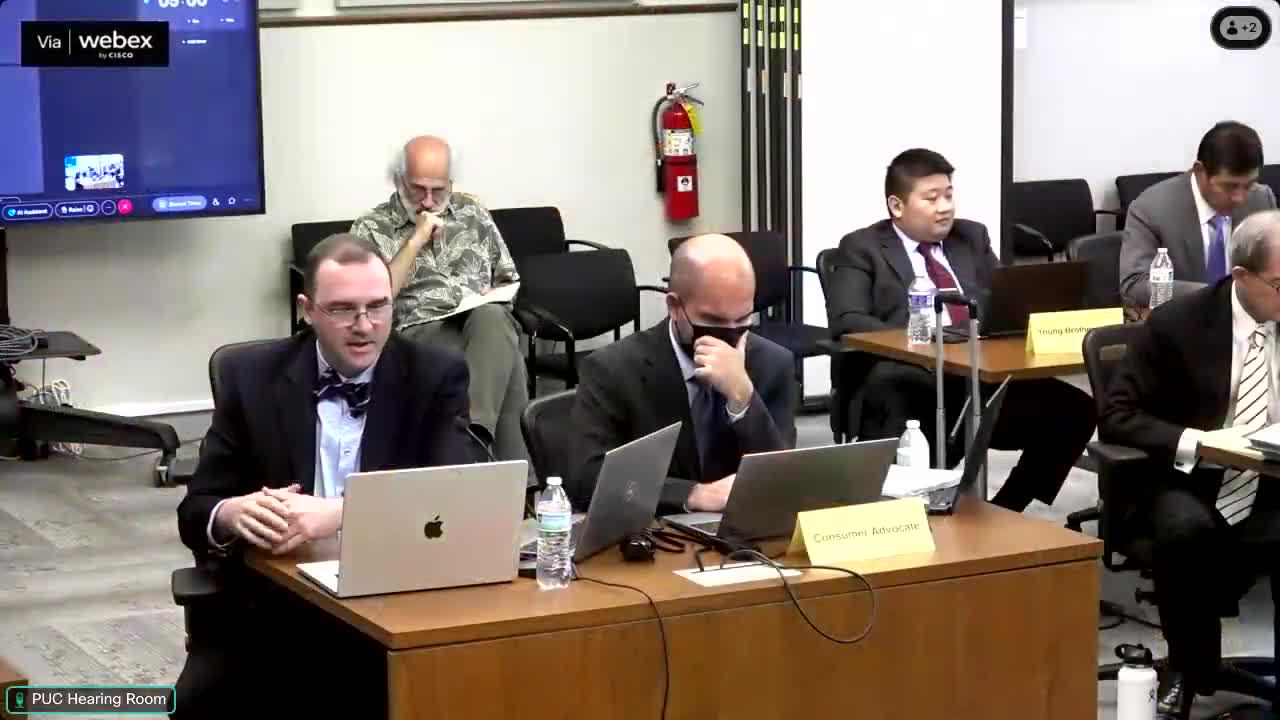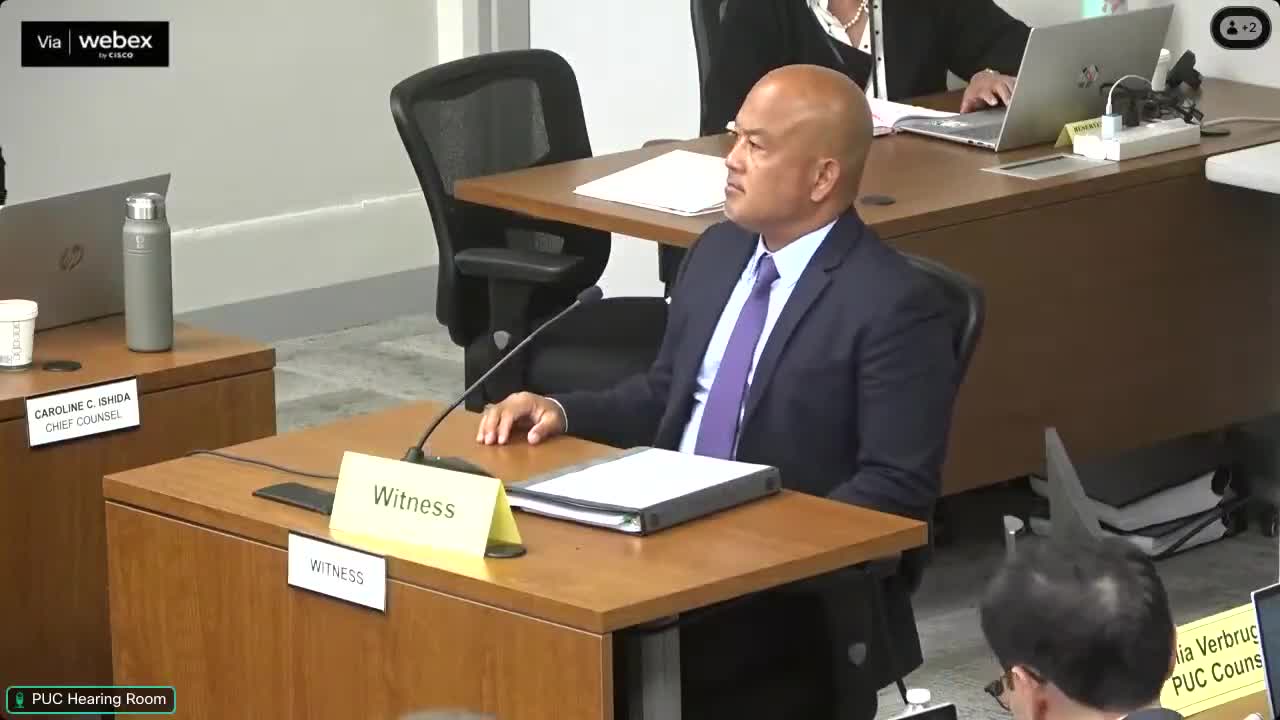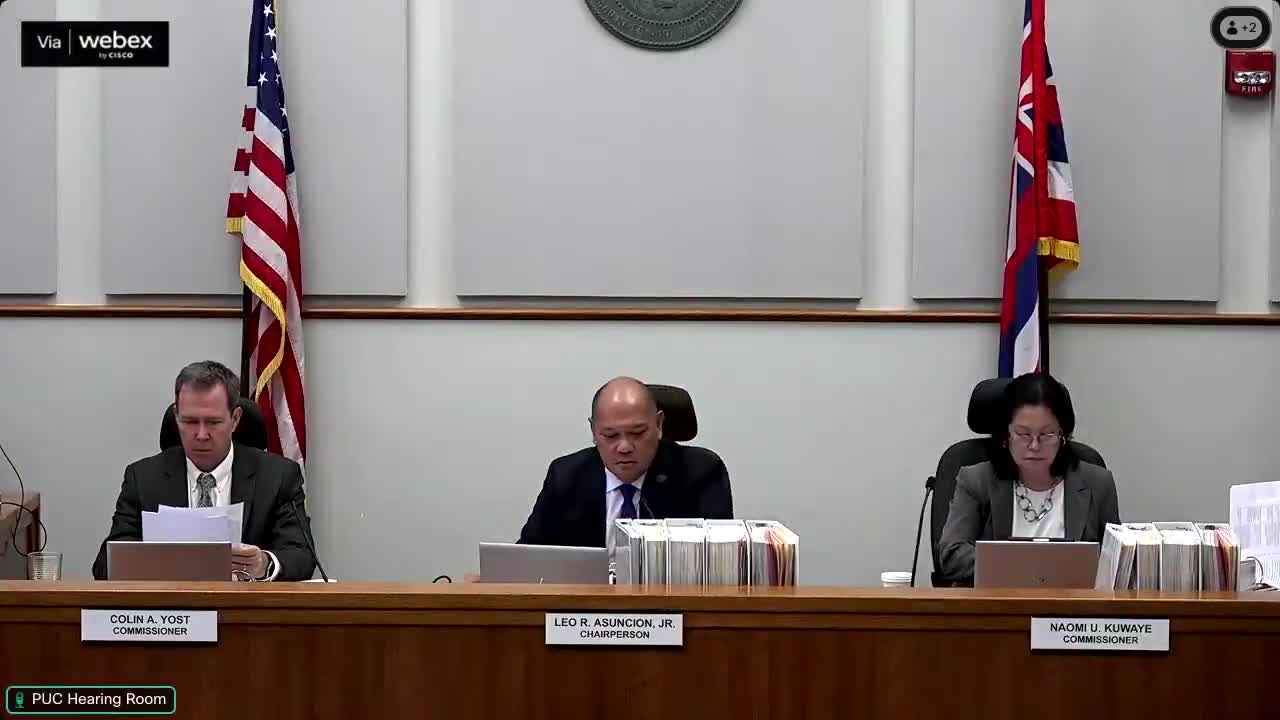Article not found
This article is no longer available. But don't worry—we've gathered other articles that discuss the same topic.

Young Brothers official tells PUC WICCI would help ‘break the cycle’; urges external funding for ag discounts

Young Brothers operations VP details overtime drivers, LMC effort and booking problems in PUC hearing

